New Scientist covers the latest developments in science and technology that will impact your world. New Scientist employs and commissions the best writers in their fields from all over the world. Our editorial team provide cutting-edge news, award-winning features and reports, written in concise and clear language that puts discoveries and advances in the context of everyday life today and in the future.
Elsewhere on New Scientist
Breaking point • A confluence of climate events suggests weird and dangerous weather is here to stay
New Scientist
Visitor from outer space
1.5°C breach confirmed • Last year was the hottest year in human history – and the first to pass 1.5°C above pre-industrial temperatures, says Madeleine Cuff
Temperatures keep rising
California wildfires fuelled by months of unusual extreme weather
‘Mystery’ virus is anything but • Reports of an infection spreading in China sound worrying, however it is a cold virus that almost all of us have had, says Michael Le Page
3D-print your own working microscope in less than 3 hours
Quantum computer is first to correct its own errors
Punk and Emo rock our ideas of ancient molluscs
Campaign to keep space tidy • Adding space junk to the UN’s development goals may help unclutter our surroundings
Tissue in your ear and nose looks like bubble wrap
Tomato plants are covered in tiny anti-pest booby traps
Will genome editing transform our children’s health? • Claims that we could slash the risk of health conditions by editing genomes of embryos are controversial, finds Michael Le Page
‘Impossible’ particles may be real • Paraparticles, which fall outside our standard classification of the building blocks of nature as either fermions or bosons, could be detectable after all, says Alex Wilkins
Gene-edited cells show promise for treating type 1 diabetes
Parents feel less disgust once babies start eating solids
Are tech firms giving up on policing their platforms? • Facebook’s owner Meta is joining X in switching to crowdsourcing to moderate its content – but will it work, asks Chris Stokel-Walker
Silver mining in the Roman Empire would have reduced IQ
Secrets of velvet ant’s venom explain its painful sting
Sleeping pills disrupt the brain • A common sleep medication seems to slow down the brain’s waste disposal system
How to make perfect cacio e pepe pasta – according to science
Batteries made from waste could store renewable energy
Why sabre-toothed animals evolved their terrifying bite
An ancient killer • This month marks a year since the malaria vaccine rollout began. Here’s what we still need in order to beat a disease as old as ancient Egypt, says Azra Ghani
Future Chronicles • Into the spider-verse By 2029, we had learned how to make synthetic spider silk, leading to a revolution in clothing and medicine, says our guide to the future Rowan Hooper
Seeing red • NASA/JPL-Caltech TASCHEN
Your letters
Myths and mental illness • Rebutting the serotonin theory of depression exposed an important gap in our knowledge. But is it the whole story, asks David Robson
Time for an imaginarium • An excellent guide to the power and complexity of our imaginations literally needs more space, finds Peter Hoskin
New Scientist recommends
The sci-fi column • Reconsider Phlebas? At his best, Iain M. Banks could be extraordinarily stylish, inventive and downright funny. So how does his genre-redefining science fiction stand up to the test of time? Emily H. Wilson finds out
Have we broken the jet stream? • If climate change is distorting the air currents that carry weather systems, we could be in for extreme weather...
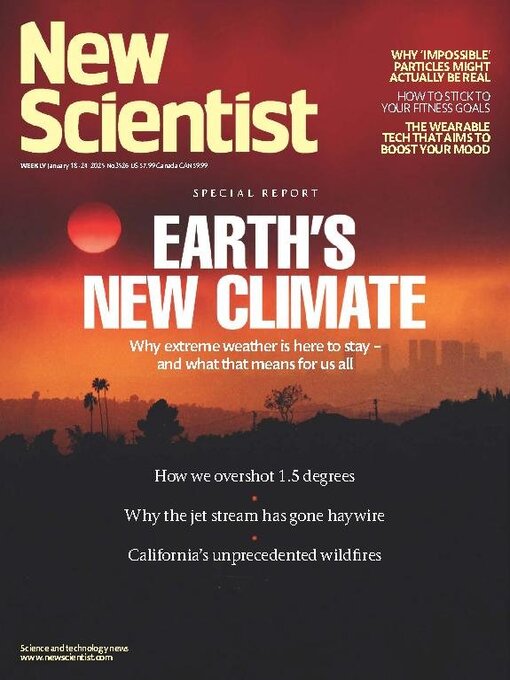
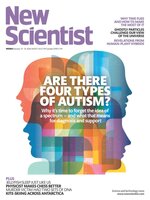 Jan 10 2026
Jan 10 2026
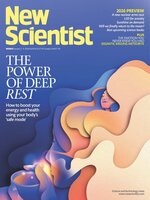 Jan 03 2026
Jan 03 2026
 Dec 27 2025
Dec 27 2025
 13-26 December 2025
13-26 December 2025
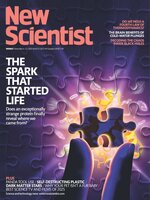 Dec 06 2025
Dec 06 2025
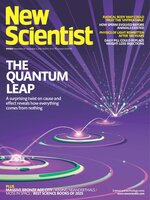 Nov 29 2025
Nov 29 2025
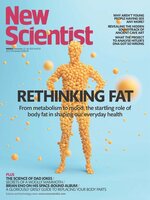 Nov 22 2025
Nov 22 2025
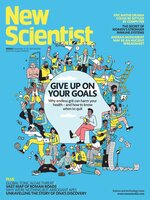 Nov 15 2025
Nov 15 2025
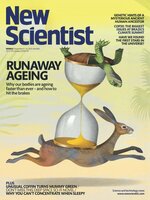 Nov 08 2025
Nov 08 2025
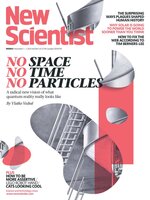 Nov 01 2025
Nov 01 2025
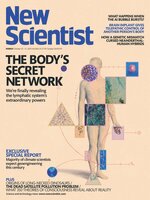 Oct 25 2025
Oct 25 2025
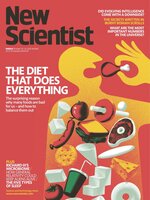 Oct 18 2025
Oct 18 2025
 Oct 11 2025
Oct 11 2025
 Oct 04 2025
Oct 04 2025
 Sep 27 2025
Sep 27 2025
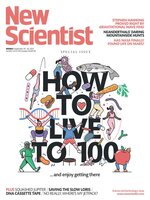 Sep 20 2025
Sep 20 2025
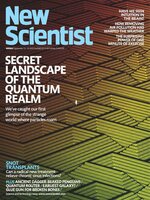 Sep 13 2025
Sep 13 2025
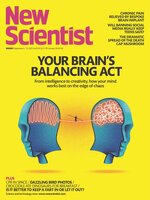 Sep 06 2025
Sep 06 2025
 Aug 30 2025
Aug 30 2025
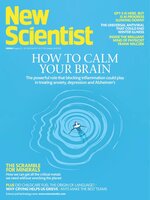 Aug 23 2025
Aug 23 2025
 Aug 16 2025
Aug 16 2025
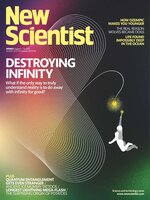 Aug 09 2025
Aug 09 2025
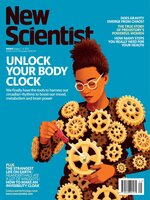 Aug 02 2025
Aug 02 2025
 Jul 26 2025
Jul 26 2025